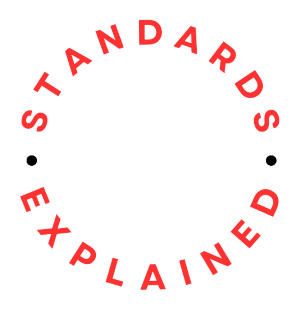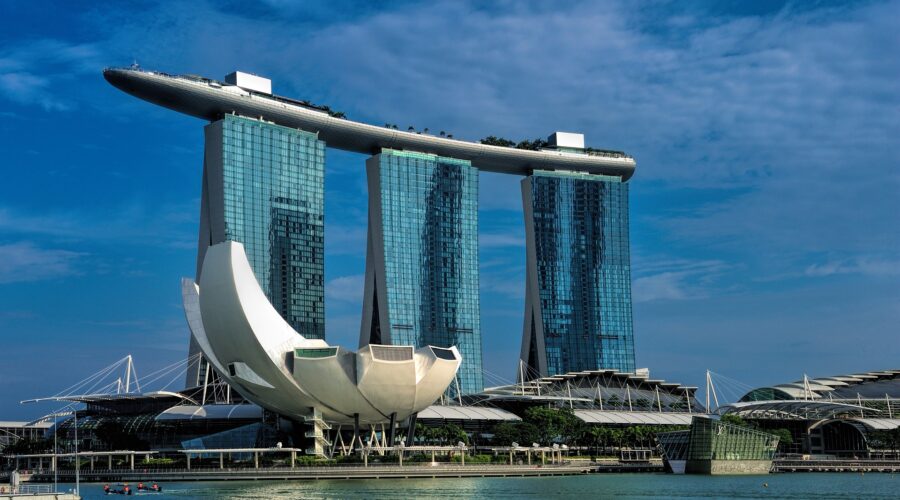ISO 21401:2018 Tourism and related services — Sustainability management system for accommodation establishments — Requirements specifies environmental, social and economic requirements for implementing a sustainability management system in accommodation establishments in the tourism sector.
The standard applies to the aspects that can be controlled by the accommodation establishments and over which they can exert influence. ISO 21401 is applicable to any accommodation establishment, regardless of its type, size or location, that wishes to:
- implement, maintain and improve sustainable practices in their operations;
- ensure conformance with its defined sustainability policy.
What does it cover?
| Introduction |
| 1 Scope |
| 2 Normative references |
| 3 Terms and definitions |
| 4 Context of the organization |
| 4.1 Understanding the organization and its context |
| 4.2 Understanding the needs and expectations of interested parties |
| 4.3 Determining the scope of the sustainability management system |
| 4.4 Sustainability management system |
| 5 Leadership |
| 5.1 Leadership and commitment |
| 5.2 Policy |
| 5.3 Roles, responsibilities and authorities |
| 6 Planning |
| 6.1 Actions to address risks and opportunities |
| 6.2 Sustainability objectives and planning to achieve them |
| 7 Support |
| 7.1 Resources |
| 7.2 Competence |
| 7.3 Awareness |
| 7.4 Communication |
| 7.5 Documented information |
| 8 Operation |
| 8.1 Operational planning and control |
| 8.2 Dealing with modified activities, products or services |
| 8.3 Supply chain management |
| 9 Performance evaluation |
| 9.1 Monitoring, measurement, analysis and evaluation |
| 9.2 Internal audit |
| 9.3 Management review |
| 10 Improvement |
| 10.1 Nonconformity and corrective action |
| 10.2 Continual improvement |
| Annex A Environmental requirements for sustainable accommodation establishments |
| A.1 General |
| A.2 Preparation and response to environmental emergencies |
| A.3 Natural areas, biodiversity, flora and fauna |
| A.4 Architecture and local construction impact |
| A.5 Landscaping |
| A.6 Solid waste, effluents and emissions |
| A.7 Energy efficiency |
| A.8 Conservation and management of water usage |
| A.9 Hazardous substances management |
| Annex B Social requirements for sustainable accommodation establishments |
| B.1 General |
| B.2 Local communities |
| B.3 Work and income |
| B.4 Work conditions |
| B.5 Cultural aspects |
| B.6 Health and education |
| B.7 Native population |
| Annex C Economic requirements for sustainable accommodation establishments |
| C.1 Economic viability of the organization |
| C.2 Quality and guest satisfaction |
| C.3 Health and safety of guests and workers |
| Annex D Examples of practices for sustainable tourism |
Implementation
Implementing a sustainability management system in conformity with ISO 21401 involves several key steps.
Leadership and Commitment
- Demonstrate leadership commitment to sustainability within the accommodation establishment.
- Establish a sustainability policy that aligns with organizational goals and values.
Scope and Context
- Determine the scope of the sustainability management system.
- Understand the internal and external context, including the impact of tourism activities on the environment, society, and the economy.
Legal and Regulatory Compliance
- Identify and comply with relevant legal and regulatory requirements related to sustainability in the tourism sector.
- Stay informed about changes in sustainability-related legislation.
Sustainability Policy
Develop a sustainability policy that outlines the accommodation establishment’s commitment to sustainable practices in tourism and related services.
Stakeholder Engagement
- Identify and engage with stakeholders, including guests, employees, local communities, and suppliers.
- Consider stakeholder expectations and feedback in sustainability decision-making.
Baseline Assessment
- Conduct a comprehensive baseline assessment of the accommodation establishment’s current sustainability performance.
- Identify areas for improvement and establish a baseline for measuring progress.
Sustainability Objectives and Targets
- Establish specific, measurable, and time-bound sustainability objectives and targets.
- Set goals for reducing environmental impact, enhancing social responsibility, and improving economic sustainability.
Action Plans and Programs
- Develop action plans and programs to achieve sustainability objectives.
- Allocate resources and responsibilities for implementing these plans.
Monitoring and Measurement
- Implement systems for monitoring and measuring sustainability performance.
- Regularly assess progress against sustainability objectives and targets.
Data Analysis and Reporting
- Analyze sustainability performance data to identify trends, areas for improvement, and opportunities.
- Prepare regular reports on sustainability achievements and initiatives.
Employee Training and Awareness
- Provide training to employees on sustainable practices and their role in achieving sustainability objectives.
- Raise awareness about the importance of sustainability throughout the organization.
Guest Education and Communication
- Communicate sustainability initiatives to guests.
- Provide information on sustainable practices and encourage guests to participate.
Waste Management
- Implement effective waste management practices to reduce, reuse, and recycle.
- Minimize the generation of waste and promote responsible disposal.
Energy and Resource Efficiency
- Implement energy-efficient technologies and practices.
- Conserve water and other resources through efficient usage.
Community Engagement
- Engage with local communities and contribute to their well-being.
- Support local businesses and initiatives that promote social and economic sustainability.
Continual Improvement
- Establish processes for continual improvement of sustainability initiatives.
- Regularly review performance, learn from experiences, and adapt strategies accordingly.
Audit and Certification
- Conduct internal audits to assess conformity with ISO 21401.
- Consider third-party certification to demonstrate adherence to the standard.
Documentation and Record-Keeping
- Develop and maintain documentation related to sustainability management.
- Keep records of sustainability performance, initiatives, and improvements.
In conclusion…
By following these steps, accommodation establishments can implement a sustainability management system in conformity with ISO 21401. Sustainability in tourism is a dynamic field and so the organization should adapt its practices to emerging trends and challenges.
ISO 21401 can be purchased through the ISO.org website.














Comments (0)